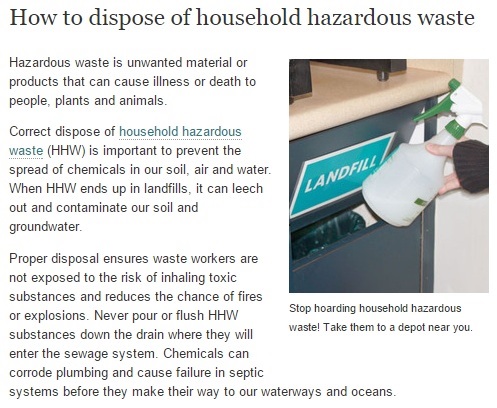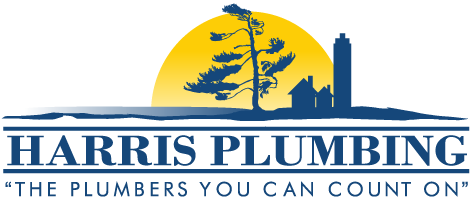The average North American household consumes up to 25 gallons of toxic chemicals per year, with most of the harmful chemicals coming from home cleaning products. Now, this statistic wouldn’t matter much if every homeowner practiced responsible waste disposal. Unfortunately, these hazardous chemicals have an uncanny way of finding themselves down a homeowner’s drainage system. You only need to ask a Barrie emergency plumber to know the truth.

The following tips are designed to help you choose and use the best cleaning products for your family, your community, and the environment:
Before you buy
Picture the cleaning job at hand before you do it. Choose products most suited for the job, and be sure to read the label on each product to identify potential health hazards. Avoid products that contain alkylphenol ethoxylates (APEs) and phosphates, and buy only what you can use. Think about reducing waste even before you buy. By buying refills, concentrates, or containers made from recycled materials, you keep excess trash from reaching landfills or why not consider buying non-toxic cleaning products instead. They are just as effective and also bio-degradable, they also do not damage pipes or the environment.
Before you use
Follow the instructions written on the label to the letter for proper use. Observe all safety precautions. It’s also important to remember to use only the recommended amount, because more doesn’t necessarily mean better.
After you use
Product labels aren’t only there to tell you how to use the product. Oftentimes, they will also have instructions for proper storage, so keep the product in its original container and make sure the labels are readable. If you have children in the house, prioritize the purchase of cleaning products with child-resistant closures.
Disposal
For Ontario residents, David Suzuki Foundation offers this information regarding household hazardous waste (HHW) disposal.
Use Ontario’s comprehensive contaminant recycling program, The Orange Drop, and search for a HHW drop spot by postal code. Fully funded by industry under a model called extended producer responsibility (EPR), the businesses that produce and market the products managed under the Orange Drop program cover the costs of collection and disposal once the consumer has finished using their product.
Toxic chemicals should never be allowed to enter drainage and sewage systems for two good reasons: First, they are extremely harmful to the environment. Second, they can damage plumbing systems and cause clogs. On the off chance that one of your household members accidentally disposes hazardous chemicals into your drainage system and causes it to clog, contact a Barrie or Newmarket emergency plumber like Harris Plumbing Inc. immediately. These professionals are well-equipped to handle any and all plumbing emergencies such as clogs, leaks, and the like.
And be sure to tell your fellow household member not to do it again.
(Source: How to dispose of household hazardous waste, David Suzuki Foundation)

